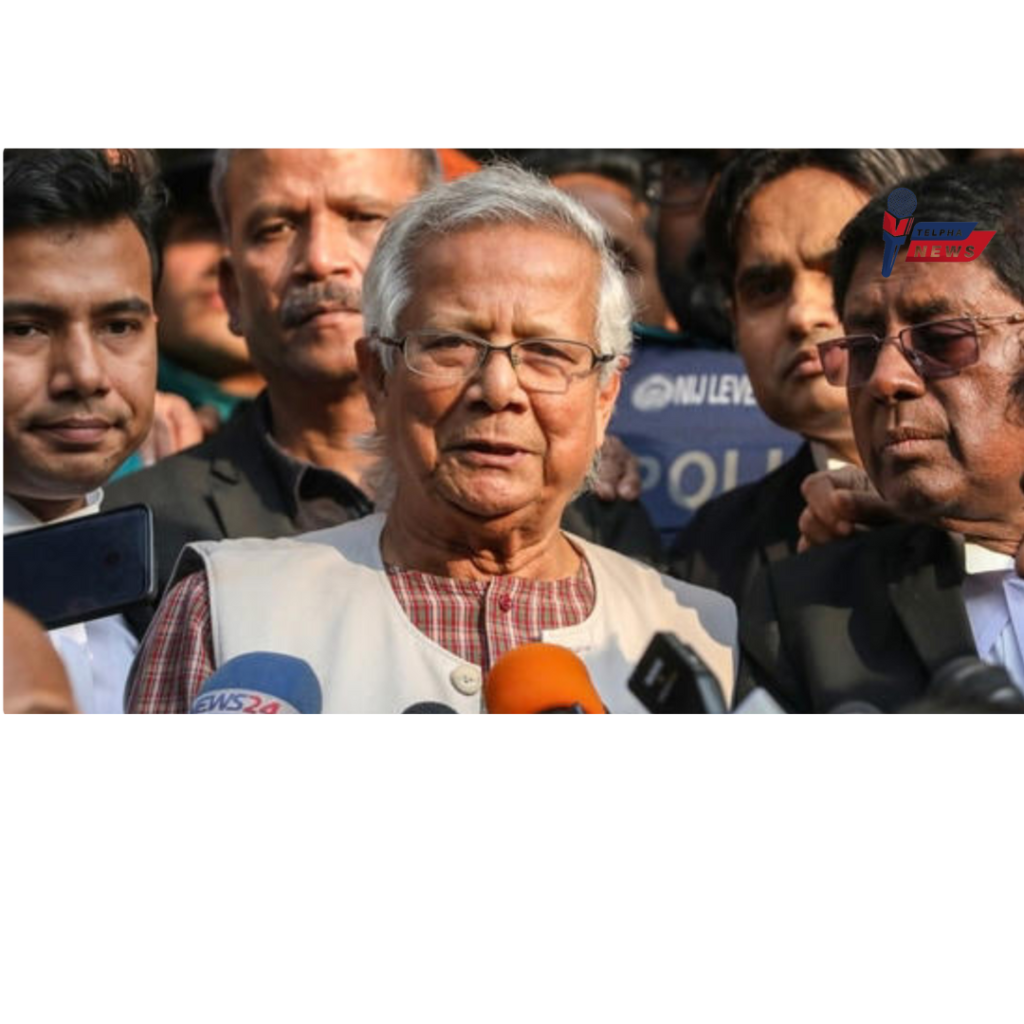Meta Description: Explore the constitutional challenges Bangladesh faces with the potential interim government under Dr. Muhammad Yunus. Understand the implications for the country’s political landscape and governance.

Bangladesh is currently grappling with a significant constitutional dilemma involving the potential formation of an interim government led by Dr. Muhammad Yunus. This situation has sparked widespread debate and concern regarding its impact on the nation’s political stability and democratic processes. In this blog, we’ll delve into the intricacies of the interim government proposal, its implications, and the broader context of Bangladesh’s constitutional challenges.
Background: The Constitutional Crisis
Bangladesh’s political landscape has been marked by periods of tension and instability, particularly around election times. The current dilemma centers on the proposal to establish an interim government, which is a temporary administrative setup designed to oversee elections and maintain order until a new government is elected.
Who is Dr. Muhammad Yunus?
Dr. Muhammad Yunus is a prominent figure in Bangladesh, known for his groundbreaking work in microfinance and social entrepreneurship. He founded the Grameen Bank, which has played a pivotal role in alleviating poverty in Bangladesh. Yunus is highly respected both nationally and internationally for his contributions to social development.
The Proposal: Yunus as Head of the Interim Government
The proposal to appoint Dr. Yunus as the head of the interim government is driven by several factors:
- Neutrality: Dr. Yunus is seen as a neutral figure, not directly affiliated with any political party. This neutrality is considered crucial for ensuring that the elections are conducted fairly and without bias.
- Credibility: Given Yunus’s esteemed reputation, his appointment could enhance the credibility of the interim government and instill confidence among the electorate and international observers.
- Expertise: Yunus’s extensive experience in managing organizations and his commitment to social justice are viewed as assets in navigating the complex political environment.
Constitutional and Political Implications
The proposal to have Dr. Yunus lead an interim government raises several constitutional and political issues:
- Legal Framework: Bangladesh’s constitution does not explicitly provide for an interim government led by an individual like Yunus. The legal and procedural aspects of such an appointment would require careful consideration and potentially constitutional amendments.
- Political Reactions: Political parties and stakeholders have varied opinions on this proposal. Some view Yunus’s potential appointment as a step towards fair and impartial elections, while others express concerns about its legitimacy and potential implications for democratic processes.
- Impact on Democracy: The establishment of an interim government led by a non-political figure could set a precedent for future elections. It’s crucial to assess how this might influence the democratic norms and governance structure in Bangladesh.
International Perspectives
The international community is closely watching Bangladesh’s political developments. The appointment of an interim government led by a respected figure like Dr. Yunus could impact how foreign observers and international organizations perceive the legitimacy of the elections. Support or criticism from international bodies could also influence the political dynamics within Bangladesh.
Potential Outcomes and Future Scenarios
The ultimate outcome of this constitutional dilemma will depend on several factors:
- Legal and Constitutional Developments: The process of legitimizing Yunus’s role, if it proceeds, will involve legal and constitutional reviews. This will determine whether the interim government can operate within the framework of Bangladeshi law.
- Political Consensus: Achieving political consensus on the interim government’s formation and its operational mandate will be crucial. This includes addressing concerns from various political entities and stakeholders.
- Public Reaction: Public opinion will play a significant role in shaping the future of this proposal. How the general populace perceives the interim government and its impact on the electoral process will influence its acceptance and effectiveness.